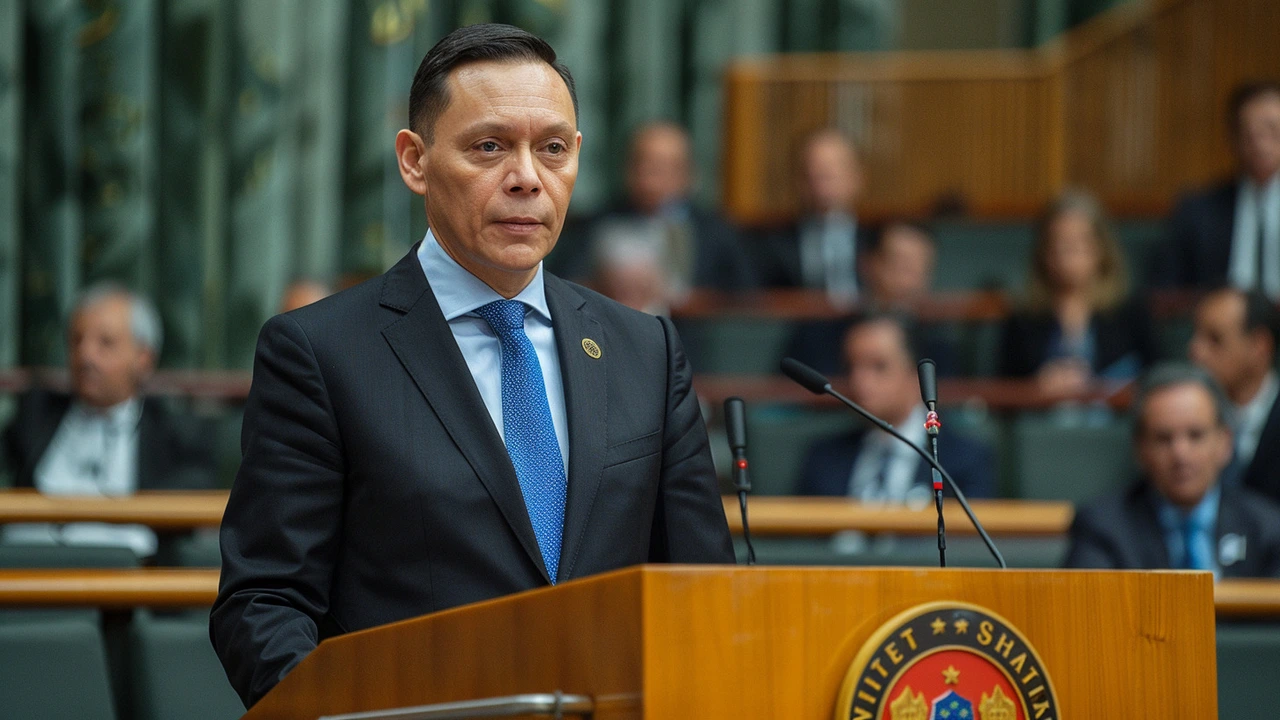Border control: What travellers and businesses need to know in Africa
Border control affects every trip, shipment and policy debate across Africa. Whether you’re crossing by road, air, or sea, knowing how immigration, customs and health checks work saves time, money and stress. This page gives practical, up-to-date pointers you can use right away.
First, remember immigration and customs are different. Immigration checks your identity and right to enter a country. Customs inspects goods, luggage and any dutiable items. Both can run biometric scans, passport stamps or electronic visas. Officials may also ask health questions or request proof of vaccinations, especially for yellow fever or other region-specific rules.
Practical tips for crossing borders
Before you go, check visa rules for your nationality. Many countries now offer e-visas or visa-on-arrival, but not all allow both. Carry a printed copy of your e-visa and any return or onward tickets. For road trips inside regional blocs like ECOWAS or the East African Community, research free-movement agreements and vehicle permits — they often cut waiting times and fees.
Pack documents together: passport, visa, vaccination card, travel insurance and transport receipts. Declare expensive items and recent purchases at customs to avoid fines or confiscation. Arrive early at official border posts and use official lanes — unofficial crossings risk fines, arrest or invalidation of insurance. If authorities request inspection, stay calm, answer clearly and ask for an official badge or name if something feels off.
How border control affects trade and migration
Businesses shipping goods must follow paperwork rules: commercial invoices, certificates of origin, and import licences when needed. Delays at borders usually come from missing or mismatched documents, unpaid duties, or quarantine holds on agricultural products. Using a licensed clearing agent and digital tracking tools can speed up clearance and cut unexpected costs.
Migration policy and enforcement shape flows of workers and refugees. Many African states balance tougher controls with regional cooperation to allow labour mobility. Watch for policy changes after elections or security incidents — border rules can change fast and with little notice.
If you face detention or legal trouble, ask for a translator and contact your embassy or a local lawyer. Keep copies of receipts and correspondence, and record names and badge numbers of officials who handle your case. For businesses, keep an audit trail of all customs filings and payments; that documentation is vital if you need to appeal a penalty.
Finally, use official sources for updates: government border agency sites, airline notices, and regional travel advisories. Mobile apps and SMS alerts now publish temporary closures, queue times and vaccination requirements in many countries. A little prep and the right apps make border control less of a headache and more of a predictable step in any journey or shipment.
Many countries now use biometric e-gates, pre-clearance programs and data-sharing between agencies. For frequent travellers, register for trusted traveller schemes where available; they cut processing time. Businesses should watch for single-window customs portals that let you submit all documents online. Keep emergency contact numbers handy: embassy, local police, and your carrier. Check updates before every trip.
Portugal Enforces Stricter Migration Policies Amid Rising Influx
The Portuguese government implements stricter measures to regulate migration, focusing on reducing asylum seekers and improving integration processes. With enhanced border controls and more efficient asylum processes, the aim is to address the rising number of migrants and ensure sustainable integration for those granted asylum.
